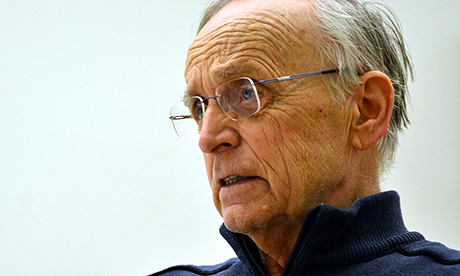Renowned theologian Paul Zulehner has called for bold changes to the Catholic Church, advocating a move from clericalism to a synodal model centred on baptism rather than ordination.
Speaking to Sonntag, the Viennese pastoral theologian said the Church must adapt to remain relevant and inclusive.
Zulehner envisions a Church that encourages active participation by all baptised members and empowers them to embrace their vocations.
“Experienced people from faithful communities of the Gospel can be proposed to a bishop to be ordained priests so that the main source of the Church, the celebration of the Eucharist, does not fall by the wayside” suggested Zulehner.
This new form of the Church “is already appearing before our eyes” the 84-year-old theologian said.
Comfortable but unsustainable Church
Professor Zulehner criticised “expectation clericalism”, a long-standing reliance on ordained ministers and full-time Church staff to handle all responsibilities. This model, he said, has created a “comfortable but unsustainable” Church.
According to Zulehner, we should pray not only for “priestly vocations” but for “vocations to the Church”, asking people whether they feel called to participate in various projects of the church communities.
He proposed returning to a biblical ideal of shared leadership, likening the future Church to “orchestrated choral singing” rather than a “priestly solo”.
Encouraging parishes to broaden their focus, he urged prayers for all vocations, particularly in areas like peace-building, environmental care and service to the poor.
“Let’s encourage young people to check whether God needs them.” He believes that they join in when they are challenged and given responsibility.
The renowned theologian is firmly convinced that God is not a cynic, but that “He gives us just as many of those vocations that we need now and today as a church in our reeling world. We should be like pastoral truffle pigs who find these wonderfully fragrant mushrooms – they exist”.
Sources
Additional reading
News category: Great reads, World.




